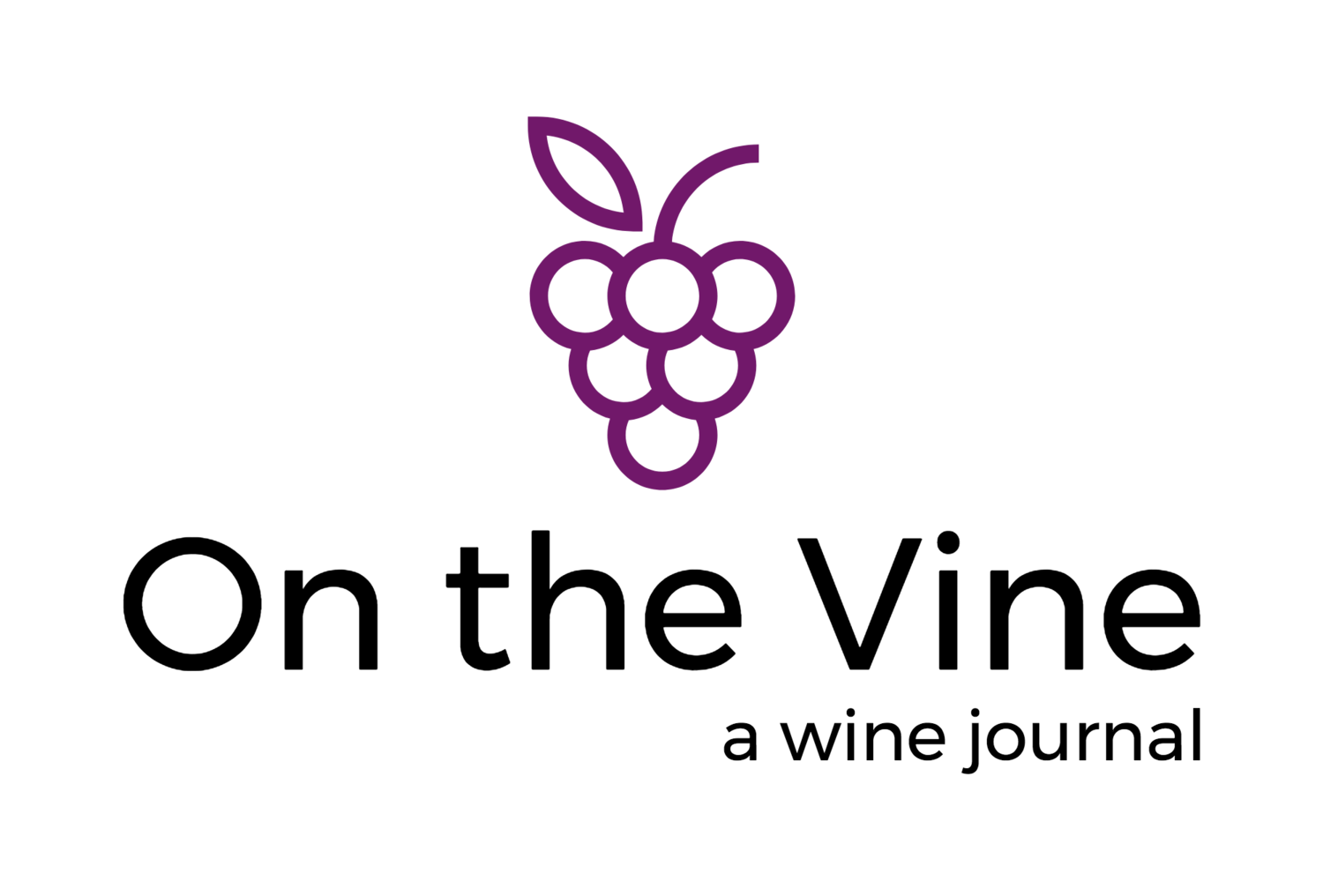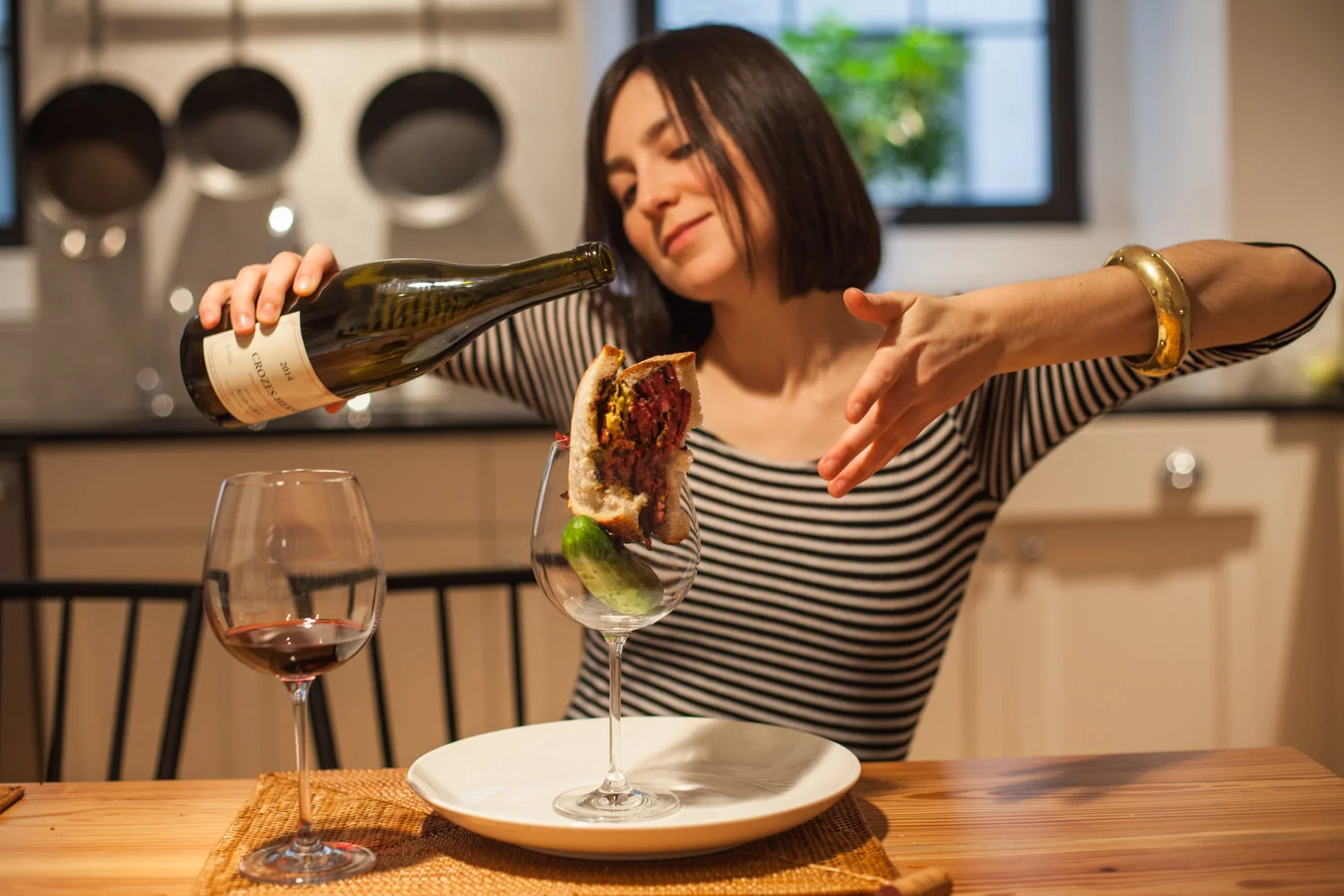Adventures of a Cork Dork
/Thoughts Upon Reading Cork Dork by Bianca Bosker (Penguin, 2017)
I received a copy of Cork Dorkas a holiday gift. Although I am late coming to Bianca Bosker’s book, I remember the furor that accompanied its publication. The loudest debate was sparked by a New York Times Op-Ed piece,adapted from the book, in which she commended mass-market wine as a worthy “entry point” to wine consumption. Of course, the word “snob” found its way into the NYT headline – as it almost always does when the topic of wine appreciation is covered in the press. So the lines of conflict were drawn and Bosker’s defense of wine engineered “from the consumer backward” drew the ire of many in the wine world, including a rebuttal by the Times’ own Eric Asimov.
The book is an entertaining read and not primarily intended to stoke argument. Cork Dork: a wine-fueled adventure among the obsessive sommeliers, big bottle hunters, and rogue scientists who taught me to live for taste. That lengthy title alone suggests that the “natural wine vs. Frankenwine” debate is beside the point of her book and the 18-month journey that it chronicles. Her approach is much wider and deeper. In describing her initial motivation, Bosker recounts having gone to a wine shop to ask for “a bottle of wine made with Chablis.” (Chablis is a place in Burgundy, France, where wine is made from Chardonnay grapes). She wondered at all the fuss about wine in general. “As someone who’d never felt her spirit moved by a glass of fermented grape juice,” she writes, “I wanted to know: Why? How?” The book is an account of her quest to answer those questions by taking a deep dive into the wine world and preparing to pass the Master Sommelier exam.
Bosker’s curiosity as a professional journalist is apparent on every page of the book. To read more about it, here is the NY Times’ review, and there was one in Decanter magazine as well. For me, it raised two thoughts:
All serious wine study eventually leads to blind tasting, the Master Sommelier exam included. A number of glasses of anonymous wine are presented to the test-taker and they must, in the presence of proctors, use the appearance, smell and taste of what is in the glass to decide its identity down to the grape, appellation and vintage. Much of Bosker’s book describes her own – and others’ –preparation to do this successfully. Sommeliers even hold blind tasting competitions. “Truth be told,” she writes, “it sounded like the least fun anyone’s ever had with alcohol.” It is the topic of the Somm movies– a third of which was just released. But blind tasting is not really a skill that is required by any job related to wine. When Sommeliers craft a restaurant’s wine list, for example, they have access to the information conveyed by the bottle’s label – and more. When retailers and influencers taste wines, it is usually “sighted,” meaning they know what is in the glass before it is in their mouth. So why does wine education so strongly emphasize this skill?
Bosker traces an answer that begins with the Greek philosophers who regarded smell and taste as the “lesser senses.” Biology modernized that distain by placing the human senses of smell and taste below those of other species. Dispelling this myth is among Cork Dork’s best contributions. Bosker seeks out scientists around the world who are on the cutting edge of research regarding the brain’s involvement with these senses. Their findings suggest that we can greatly heighten our senses of taste and smell. After passing her Sommelier exam (spoiler alert!) she undergoes an fMRI scan. The resulting brain mapping shows that actual physical changes have resulted from her training to blind taste.
This is the value of blind tasting: by removing the distractions and expectations of the wine’s provenance, one is left with only one’s senses to appreciate the contents of a glass. The ability to recognize aromas and flavors is an acquired skill, one that can be improved, and preparing to blind taste is a training ground. In describing why any of this matters, Bosker writes:
“…honing the senses is a prerequisite to fuller, deeper experience. Sensations no longer waft by unnoticed and unrecorded. Instead, they are grasped, explored and analyzed. They evoke curiosity, critique, associations, appreciation, and feelings of repulsion or ecstasy or sadness or astonishment. They enlighten and they inspire. They become a memory, and they slot into the library of experience that makes up our understanding of the world… it turns out learning to cultivate them engages, in a literal way, the very part of us that elevates our reactions, endows our lives with meaning, and makes us human.”
If it ended with blind tasting, wine appreciation would be a somewhat clinical endeavor and nothing more. But every wine invites us into a journey of not only the senses but of the mind also. A wine lover quickly learns that one can never know everything about the world’s farming and viticulture, geology and soil, climate and weather, winemaking techniques and chemistry, wine’s place in various cultures and the languages used to describe it. Every wine invites the drinker to explore a cultural context alongside the sensory experiences presented at that moment by the contents of a glass. “When I drank a glass of wine, it was as if my taste buds were firing off a message written in code,” Bosker writes in the book’s introduction. “But to connoisseurs, that garbled message can be a story about the iconoclast in Tuscany who said Vaffanculo!to Italy’s wine rules and planted French Cabernet Sauvignon vines, or the madman vintner who dodged shell fire and tanks to make vintage after vintage all through Lebanon’s fifteen-year civil war. That same mouthful can tell a tale about a nation’s evolving laws, or the lazy cellar dweller who botched his task of cleaning the winery’s barrels. These drinkers’ senses offer them access to a fuller world, where histories, aspirations and ecosystems emerge from tastes and smells.”
That’s a big agenda to put on a beverage.And I think that realization is behind Bosker’s defense of mass-produced wines.As she says, they “have their place” among those who drink wine for its immediate pleasure and nothing more.That agenda need not be better or worse than the one that expects a wine to change one’s life. They both are merely different points on a human journey.
Bianca Bosker, author of “Cork Dork”
“I’m concerned about how “influencers” in our world still too often tell people what to taste, instead of teaching them how to taste. The latter is, to me, the foundation for a more lasting relationship with wine (and food!). Among my goals with Cork Dork was to probe some of the industry’s inherited wisdoms, while also helping people take charge of their own tastes, and sense of taste.”







